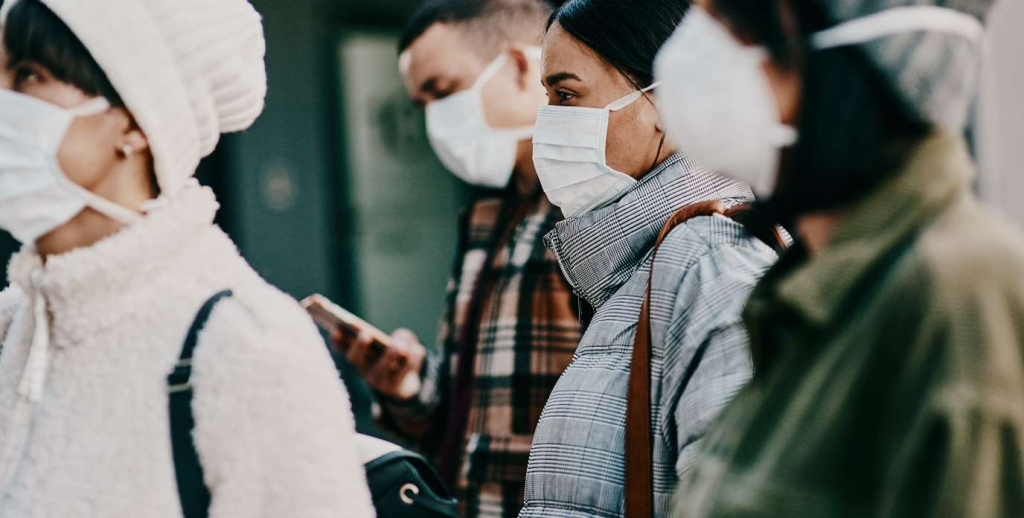AFRICA FOCUS
ALERT: Another Pandemic is Coming, Expert Warns

Dr Ibrahim Abubakar, a renowned professor of infectious diseases at University College London, has warned that another global pandemic is inevitable — and will strike much sooner than many people expect.
Speaking at a high-level meeting of the **United Nations Economic and Social Council (ECOSOC)** held in **New York**, Prof. Abubakar declared that the world must prepare now to avoid a repeat of the devastation wrought by COVID-19.
“There will be another pandemic and it will not be 100 years from now,” he said.
Abubakar, who has played an active role in global health policy and pandemic response, emphasised that the current global healthcare infrastructure remains dangerously fragmented, making it highly vulnerable to future outbreaks.

“It is not a question of if, but when,” he warned,
“and the answer is sooner than anyone wants.”
He pointed out that no single country can prevent a pandemic on its own. Global collaboration and stronger multilateral systems, he said, are vital to safeguarding public health and global development.
“Infectious diseases will not respect borders, he stressed, calling for better cross-border policy frameworks and resilient health systems.
“It is therefore expedient that health systems to ensure equity, dignity and universal access must also be agile to implement policies across borders.”
Abubakar’s remarks come at a time when international attention is once again turning to pandemic preparedness in the wake of lessons learned from the COVID-19 crisis, which killed over 6.9 million people globally and exposed severe gaps in global response coordination, vaccine equity, and health infrastructure.
He further emphasised that: “Stopping pandemics and promoting broader global development requires robust partnerships and consistent investment in multilateral systems as a practice, not just an ideal.”
His comments align with renewed global efforts, including the recent adoption by UN Member States of a new **pandemic prevention treaty**, aimed at reducing the likelihood and impact of future health emergencies.
Meanwhile, **Lok Bahadur Thapa**, Vice President of ECOSOC, echoed the call for renewed international cooperation. He urged stakeholders to rethink how partnerships are built and sustained if the world hopes to achieve the ambitious **2030 Sustainable Development Agenda**.

“If the Council is to meet the ambitions of the 2030 Agenda, it must re-imagine cooperation, he said.
“Cooperation must not be seen as a transactional action but a dynamic, inclusive and future-ready partnership.”
The remarks come as the **High-Level Political Forum (HLPF) on Sustainable Development** convenes at the **UN Headquarters in New York**, where delegates from across the globe are meeting to review progress towards the **17 Sustainable Development Goals (SDGs)**.
While the first 16 goals focus on key areas such as ending poverty, achieving gender equality, improving education, and combating climate change, the 17th SDG emphasizes the importance of building **global partnerships** across governments, civil society, communities, and the private sector to realise all the other goals.
However, experts warn that these goals face significant hurdles. The current **annual financing gap for the SDGs is estimated to exceed four trillion dollars**, underscoring the urgent need for bold, collective action.
As the global community grapples with mounting economic, environmental, and health challenges, leaders and experts like Prof. Abubakar are urging immediate reforms, robust international health systems, and long-term investments in global cooperation mechanisms to help humanity weather the next inevitable pandemic storm.







